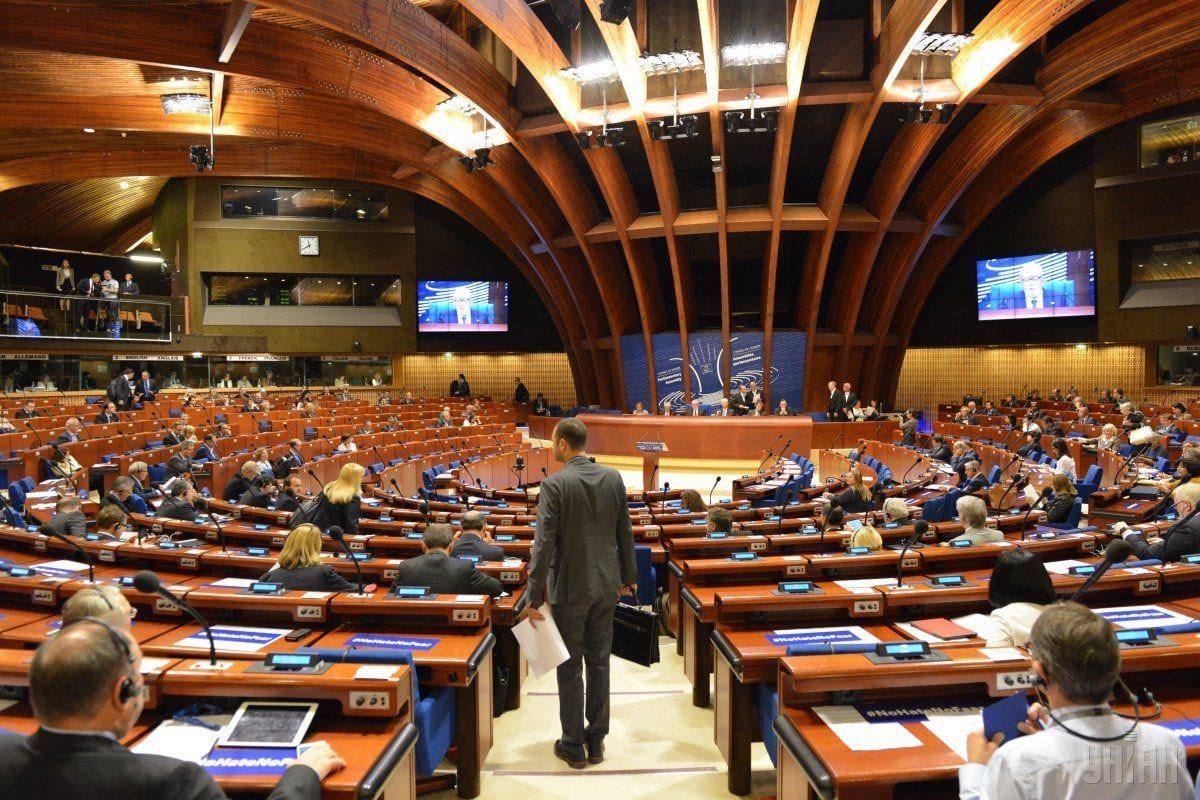The comeback of Russian delegation to PACE was not the surprise. Though the delegations
Author: Max

A very weak hope finally dangled for the end of though a sluggish, but

The next “temperature” is on the foreign policy agenda of Budapest This time, it
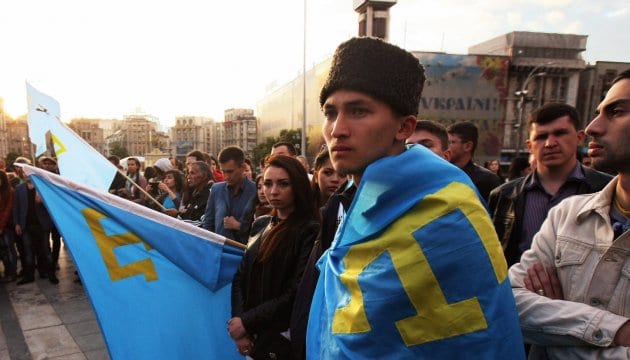
On May 18, it is 75 years from deportation of the Crimean Tatars –
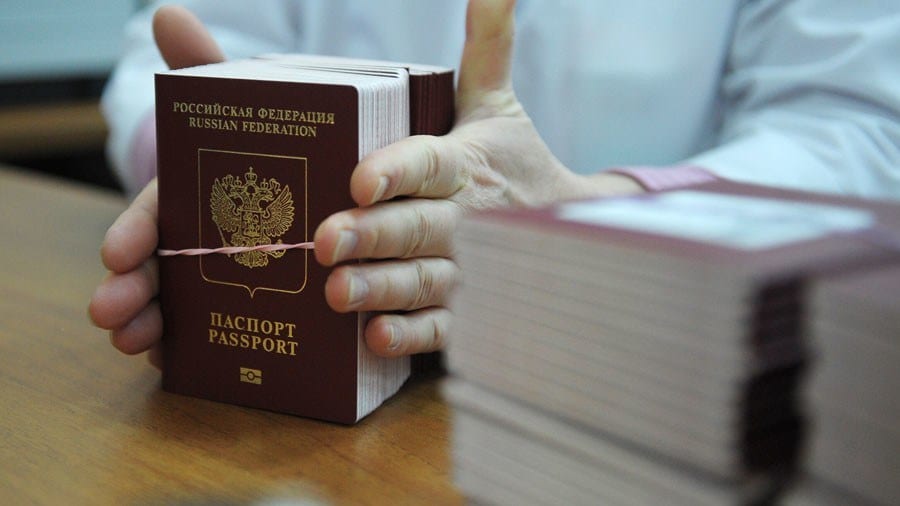
“We have no desire to create problems for the new Ukrainian power”, – Vladimir
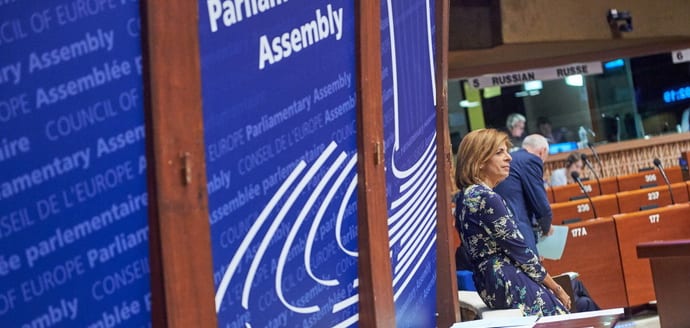
The prolongation of sanctions against Russia became the most important result of recent debates

On July 2019, it is 5 years anniversary since Malaysia Airlines flight MH17 crash
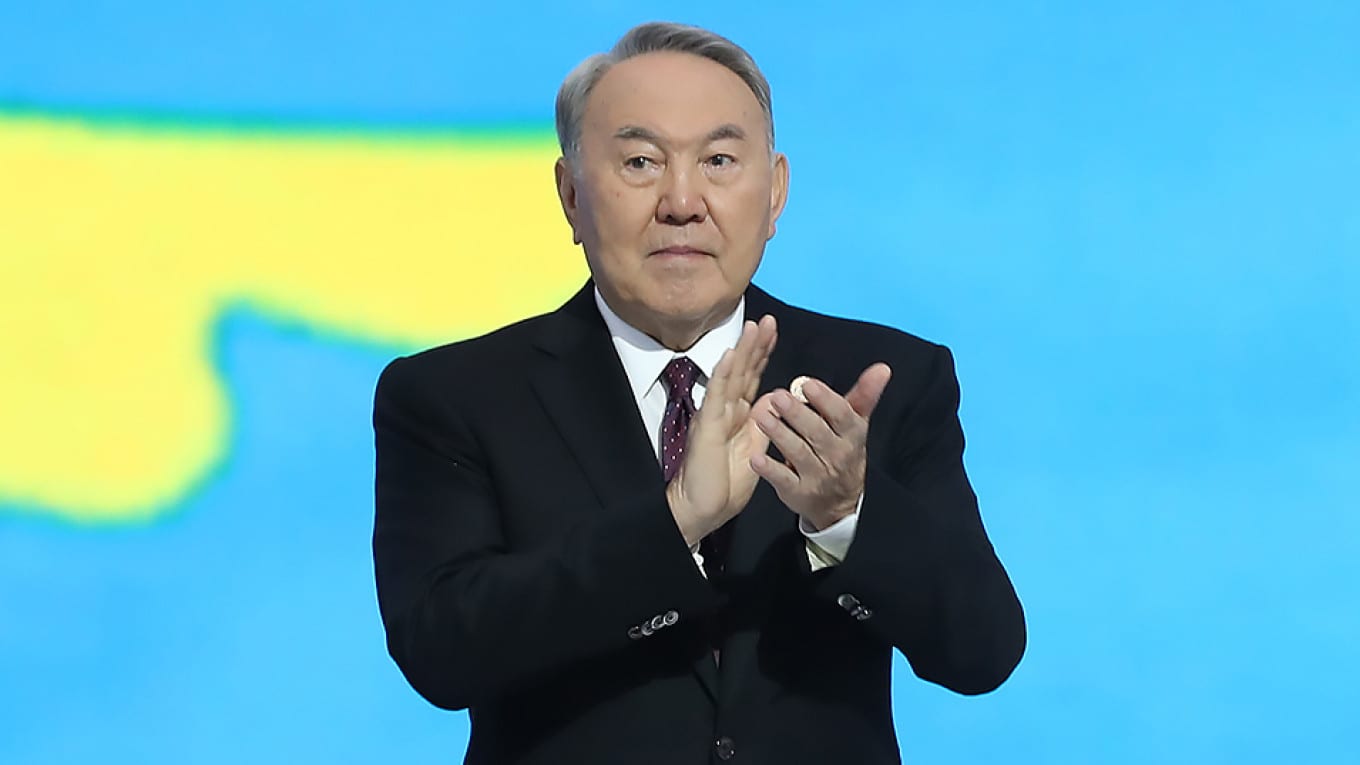
It seems to be a little exaggeration to tell that early resignation of the
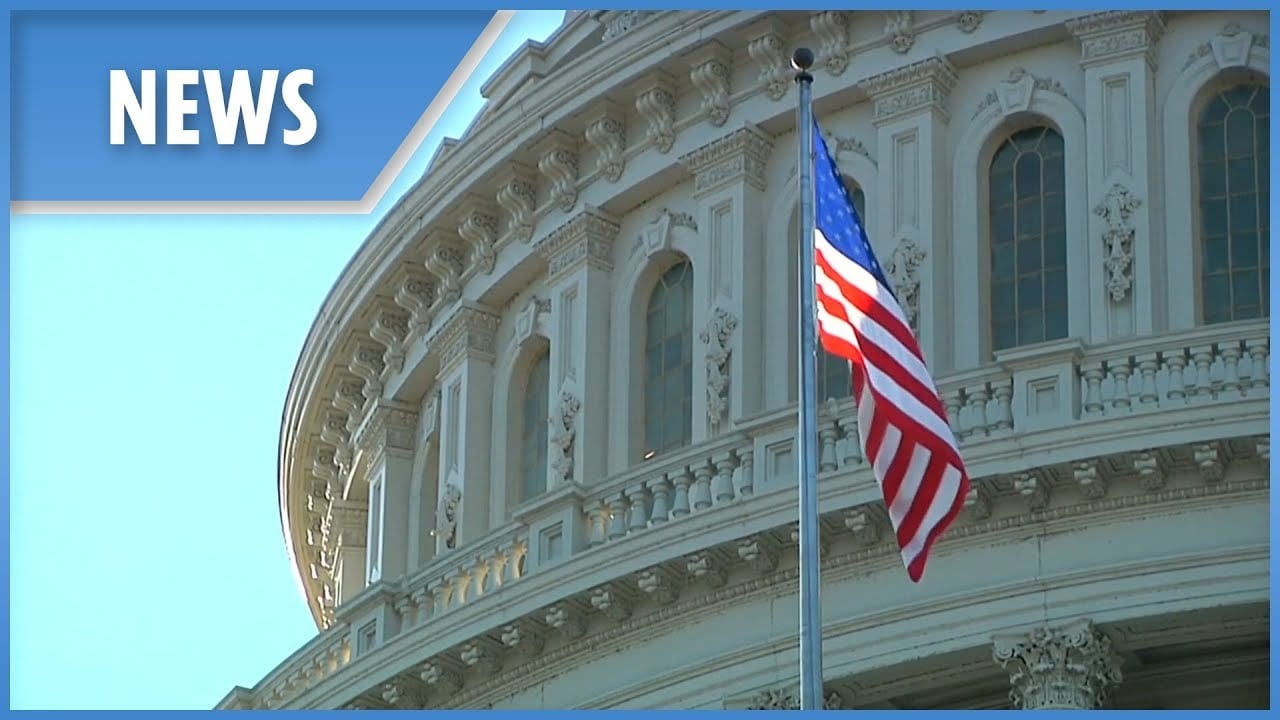
Not so long ago, last fall, I was surprised to read an article by the acclaimed Associated Press, claiming that radical and nationalist values are being imposed on children in Ukrainian camps.
The piece was authored by a Belarus national Yuras Karmanau, who covered the story one-sidedly and manipulatively, thereby putting the AP in an embarrassing position. This resulted in AP ultimately issuing a correction to the story as an apology.
An apology is fine, of course, but back then, in 2018, Karmanau’s article (not) surprisingly sounded to the tune of Russian propaganda, much to the pleasure of the latter. And although the Associated Press admitted the mistake, very few people in the post-Soviet space are aware of this because Russian mass media have flooded the information space with translations of the initial text. They didn’t do so with AP’s refutation piece though. So the myth created by Karmanau is still alive in the Russian Internet segment.
However, as you understand, this is only a prelude. A prelude to realizing that the same journalist’s article titled «Ukraine ex-PM accuses president of corruption» published Feb 4, where one of Ukraine’s presidential candidates Yulia Tymoshenko accused President Petro Poroshenko of corruption, is not simply a campaign thing but, once again, a play into the hands of the Kremlin propaganda.
First, Yulia Tymoshenko’s statements have long featured in plenty of journalistic investigations with a notion that this politician is more likely to lie than tell the truth.
Second, the Associated Press platform is once again used beyond its intended purpose – not as an impartial news resource but as a playground for political PR and – I’ll say this again – indulging Russian propaganda. After all, it is common knowledge that Petro Poroshenko is a leader who is extremely inconvenient for the Kremlin, so Moscow is ready to support any other runner for Ukraine’s top post other than the incumbent president. To be more exact, any of them, but it better be «theirs.»
Thirdly, it is difficult to take seriously the words of someone, whose work as prime minister was marked with a volume of funds siphoned from Ukraine doubling.
According to a research by FactCheck, when Viktor Yanukovych was prime minister in 2007, some $7.18 billion was illegally withdrawn from the country, while in 2008, when Yulia Tymoshenko took the reins, it was already $16.92 billion. In total, the amount of funds siphoned from Ukraine throughout the period of Yulia Tymoshenko’s premiership reached $33.12 billion
Fourth, and most important, is that this article not only highlighted a subjective opinion of the interested party, but also, along with the infamous story about children in Ukrainian camps being radicalized and taught to kill, worked in favor of Russian propaganda, which has become very keen on exploiting corruption-related topics in its hybrid infowar against Ukraine.
In a matter of hours, hundreds of Russian bots joined their efforts in spinning the Tymoshenko piece across social networks. The article was shared and republished, for a certain fee, in all sorts of media, forums, and information sites. I wonder whose money it was. And it’s big money, too!
These are the shares and reprints that will not go anywhere even if the Associated Press releases another correction. These are the shares and reprints that for another two months will be maintaining an information background, being revived in new references of all sorts.
It’s a shame that yet another Kremlin narrative has been sown in the minds of readers worldwide, and it is very unfortunate that the Associated Press platform has become a direct participant in the distribution of such unprofessional and manipulative content, which is very beneficial for the Kremlin, one of the parties to the Ukraine conflict.
Sergei Bolotin
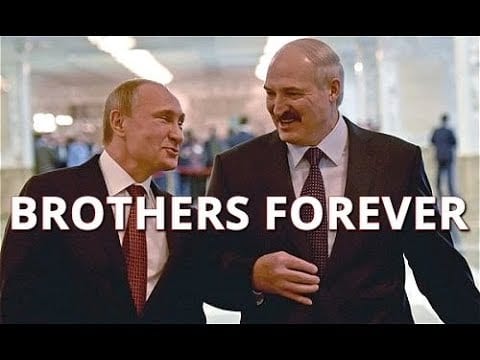
Shortly before the new year 2019 the issue of tax maneuver in the oil sphere and its aftermaths for the interstate Russian-Belarusian relations became a stumbling stone.
Russia’s manipulations of oil prices are not a novation in the Russian-Belarusian relations, similar steps have been taken earlier. Without revealing details, it should be noted that a main point of this maneuver is gradual decrease (within 6 years) of the customs duty on export of oil and oil products down to a zero rate accompanied by growth of mineral extraction tax. Let’s refrain from estimating the effect of such decision of the Russian government on domestic market of oil products, yet response of Belarus, Russia’s neighboring state and the closest ally, to this oil maneuver was immediate and jerk. Well, there are several reasons to that.
We must admit that so-called “economic miracle” of Belarus, namely rather high (compared with other former Soviet Union states) standard of public social security, stable prices for food and essential commodities, is to a great extent resulted from special import conditions of the Russian oil (at the internal Russian prices). Belarusian oil refineries produce rather qualitative oil products, the sale of which in international market makes a considerable part of Belarus state budget.
Such state of affairs appeared to be acceptable for all parties up to a point, as far as Belarus presented itself as a state moving towards establishment of the Union State with Russia. Now, the tax maneuver in the oil sphere will deprive Belarus of getting profit as domestic Russian oil price will grow making it unprofitable to purchase oil in Russia for its subsequent processing at the Belarusian oil refineries.
Negotiations with Putin as for possible loss compensations came to a deadlock. It’s no wonder, since the actual purpose of Russia’s tax maneuver with oil export duties is resolving rather political than economic issues. That is fostering integration of Belarus into the Union State, which was unequivocally reiterated by the Russian president at a recent Moscow meeting with Lukashenko. Thus, Kremlin keeps using economic blackmail as one of the main tools in a geopolitical game.
Well, what is the purpose of such unexampled pressure upon Belarus? The answer is quite obvious – establishment of the Union State amid international isolation may become one of the safe ways to preserve and delegate the power, as well as an opportunity for strengthening of Russia’s geopolitical positions in the region.
However, it seems also obvious that this would not turn into the equal union of two states, but to absorption, i.e. actually soft annexation of Belarus. At this year’s first governmental meeting Lukashenko stated that to his mind the Union State is a voluntary association, which has no common with absorption and pressure, which means that such short-sighted policy may cost Russia the only ally. The position of Belarusian leader is clear: he is not ready to change state independence for any economic concessions.
Lukashenko’s attempts to come into contacts with the West, such as visit of Minister of Foreign Affairs of Belarus Vladimir Makei to London, negotiations with Poland and Lithuania on strengthening cooperation, etc. extremely irritate the Russian government. They demonstrate that the Belarusian leader would rather not giving up.
The actions taken by Kremlin with the purpose of Belarus absorption are logical continuation of Russia’s imperial policy. However, you should not ignore the fact that they pose new threats for the Baltic States and Poland. Belarus has played a role of “a buffer zone” between Russia and Europe until now and its transformation into one of Russian regions will increase probability of the new hybrid conflicts involving Russian Federation, similar to those in the Crimea and in the east of Ukraine.
For this reason, the problem of maintaining political and economic sovereignty of Belarus has vital value for its nationals; furthermore, it plays an important role in supporting peace and stability throughout all European continent. Notwithstanding serious problems faced by Belarus with respect to observance of civil rights and freedoms, its determination to defend sovereignty and freedom deserve support of the world community.

The businessman Leonard Blavatnik, who has gained the main part of his fortune thanks to his partnership with Victor Vekselberg and Oleg Deripaska, saves his face in the USA by the increasing investments in philanthropic activity. Yesterday in New York, the dinner organized by the expert center Hudson Institute was held. Blavatnik Family Foundation became the sponsor of the event. The dinner was arranged in honor of the speaker of the House of Representatives Paul Ryan and the Permanent Representative of the USA to the UN Nickey Haley.
Blavatnik is the U.S. citizen who grew up in the Soviet Union. His partners — Victor Vekselberg and Oleg Deripaska are under US sanctions, Blavatnik’s activity also caused questions by the Special Prosecutor Robert Mueller. In recent years, he has sharply increased the political donations in the USA. Since 2015, he has donated some $7.6 million to republicans, one million to Trump’s inaugural committee and half a million to democrats.
He donated $50 000 for Hudson Institute’s event, only three trustees of institute and the billionaire Paul Singer brought some more. This dinner is a good example of how allegedly charity provides political access.
Blavatnik’s activity is concentrated not only in the USA. The other day the SchoolsWeek.co.uk portal reported the Blavatnik Family Foundation had become the sponsor of New schools Network. NSN — a charitable organization registered in Great Britain, which purpose is the support of the groups creating free schools within sector of the state education of England.
As Ilya Zaslavsky, the former consultant of TNK-BP notes, “Underminers” has convincing proofs of that Blavatnik is in many respects connected with the corrupted security services of Russia and law enforcement agencies and personally got profit on their illegal actions. The best illustration for that is a transaction on sale of TNK-BP “Rosneft” as a result of which he received about 7 billion dollars against his share in 2013. Zaslavsky also specifies that Blavatnik’s firm Amediateka appears in “Panama documents” as having joint venture with business of the deputy minister of internal affairs Alexander Makhonov: in 2017, Makhonov left his post after his subordinate was suspected of corruption, but he continued to do the business, as earlier.
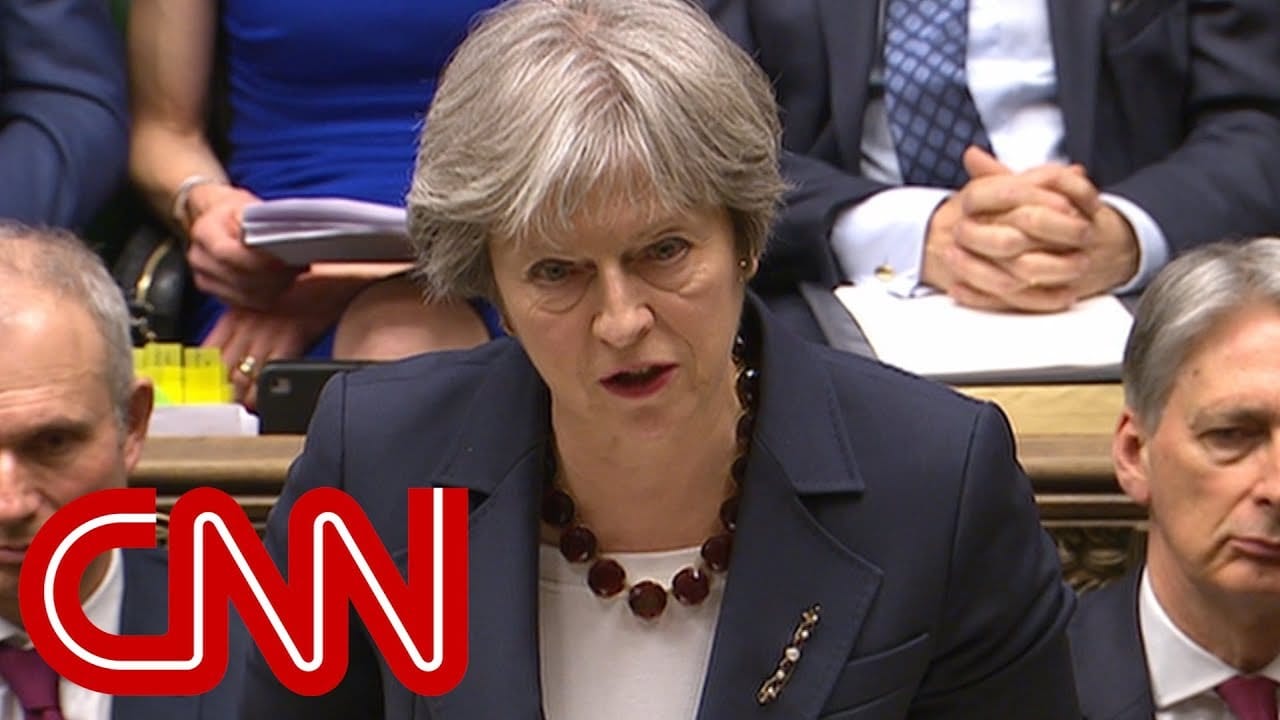
Theresa Mai stated in Argentina that Great Britain would insist on imposition of sanctions against Russia in connection with incident in the Strait of Kerch.
Theresa, it’s great!!! But what sanctions? It is time to discuss these your sanctions and their efficiency.
The best sanctions are to deport from Britain the Russian governors’ families, state bankers, former and current managers of “state companies”, “businessmen” — cashiers of the Russian authorities who have robbed the Russian people. All of them. Without distinction. Hundreds and thousands of them!!! A suitcase — Heathrow — Moscow. The best sanctions are to deprive them of British citizenship, to close entry into Britain, to send to Russia, having presented a bottle of perfume “Nina Ricci”. They will put on it and then — to Russia. Forever to Russia, to the people of Russia.
The best sanctions are to confiscate in Britain the property stolen by the Russian ruling class, to sell it, to create a fund and to transfer it to the Russian people when the effective democratic system is created in Russia.
Theresa, impose such sanctions with other western countries. Be resolute. Don’t pull the wool over our eyes, here in Russia.
The fault of Britain and those western countries who have accepted for decades the money stolen from the people of Russia, lived on this money, enriched themselves, is huge. Your country, Theresa, is the accomplice of a robbery of the Russian people by its greedy elite. And not only your country.
Direct the sanctions not against the people of Russia, but against its impudent governors. Stop being their accomplices.
